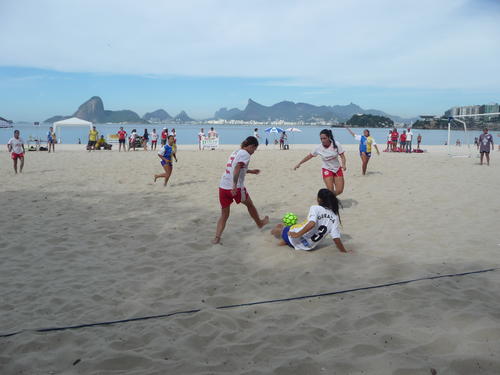Anthropology of Sports
Sports are omnipresent in everyday life: in public places, in the media, in schools, and in clubs. On the one hand, it has become an important global and transcultural medium, but on the other hand, it is also linked to influential national and transnational economic-political interests. Sport has been used as a tool for nationalism and colonialism and is highly relevant in terms of the analysis of gender and the body. In the last three decades, anthropological works on sports have multiplied. They analyze sports in relation to global media, transnational migration, and transcultural practices.
In the field of Ancient American Studies/Cultural and Social Anthropology, these topics are examined particularly on the basis of the categories of difference: gender, ethnicity, and social origin. The subject of research is primarily ball sports such as soccer and basketball, which have different local historical origins and have expanded in different ways to different regions of the world. In Latin America, their traditions date back to prehispanic times. They present themselves locally in different forms and variations. As a social space of negotiation, it is particularly well suited from an ethnological perspective to observe and study local social conflicts and processes of upheaval, such as the negotiation of power and urban space, sexuality and gender identities, and the creation of new social and emotional spaces of belonging and ways of life in the context of globalization and migration processes.
